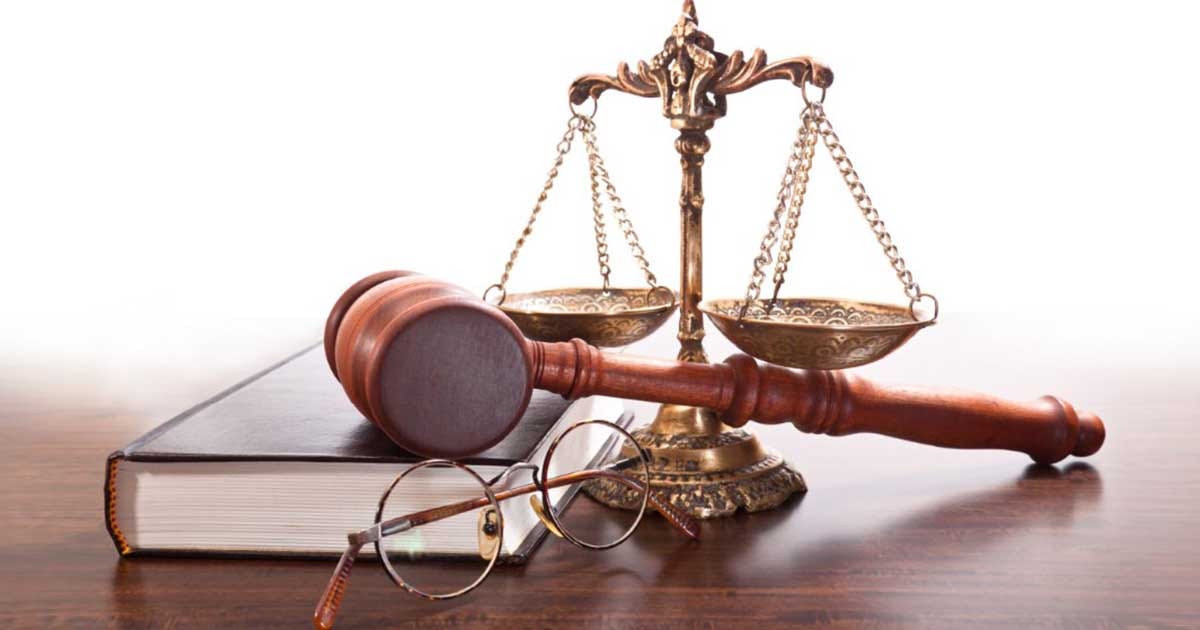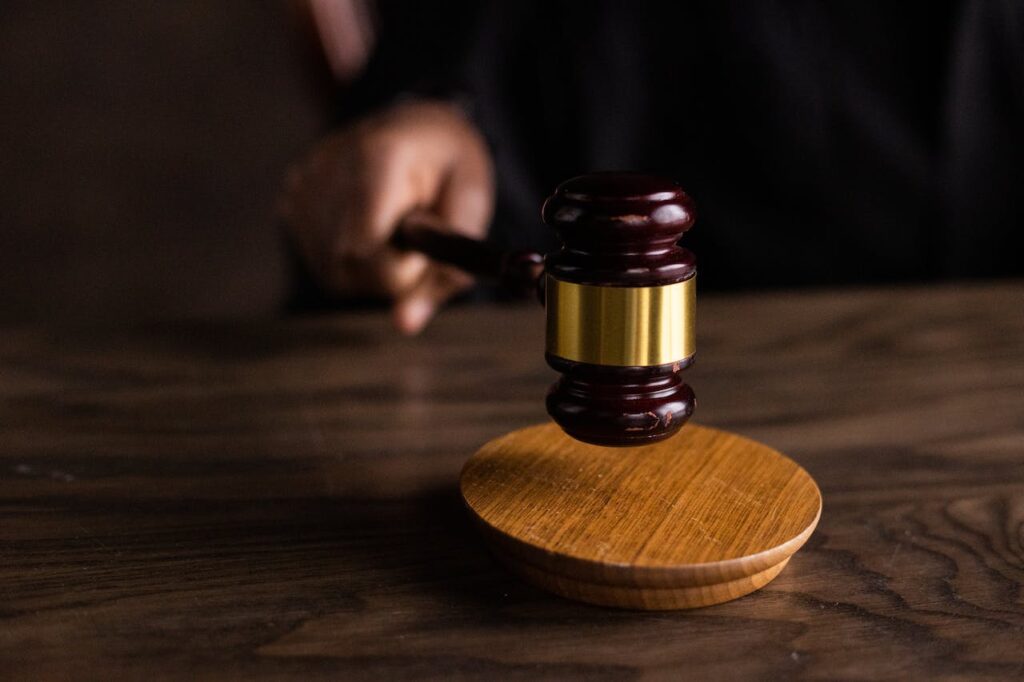Family Court
Lying under oath is a criminal offense, nonetheless. This is especially so in family court because the outcomes are usually sensitive. In any given family law case involving child custody, divorce, or any other matter, perjury causes significant harm. Who knows what happens and how perjury can be proven to ensure the family court makes the right decisions?
What is perjury in family court?
Fraud perjury is a falsification of information in legal activities when the provider knows that the information provided was incorrect during the court proceedings. In family court, this could be perjury when one is alimony or custody fighting for in a divorce case, when one makes statements that are not true about the child’s welfare, or when one makes untrue statements that affect the court’s ruling on a matter. The main aspect of perjury is the purpose of the incorrect declaration; if a person changes the truth accidentally, it does not constitute perjury; if it is on purpose – it does.
Following considerations of perjury in family court?
The implication of perjury in a family court is that one is liable to get answerable to the law and or face personal repercussions. Here’s a breakdown of the potential outcomes:
Legal Penalties: Perjury is considered a crime in most legal regions. When met, the individual may be charged with whi, ch, and if convicted, may lead to fines, imprisonment, or even both. A perjury charge has numerous legal ramifications, including loss of character and legal privileges.
Impact on the Case: Family court injury can worsen the outcome. Misleading information may distort justice and, in extreme cases, have detrimental consequences, including losing parental visitation rights during a child custody case, unfavorable rulings in a divorce case, or any other consequence that would be unfavorable to the individuals who lied.
Loss of Credibility: In any case, if perjury is not detected, the defendant’s credibility can be entirely compromised, or rather, it would be seen that the individual is inclined to lie. The judge and the opposing party will tend to challenge all their testimony, which lies within the case’s negative aspects.
Damage to Personal Relationships: Most family court cases relate to personal decisions. Lying in court can produce a conflict of trust with the relatives, and regardless of successful legal proceedings, the individual can stay with the personal and social damages.

Who Qualifies as an Expert Witness for Family Courts?
Proving perjury is not easy. Nothing is wrong with the immunity of the witnesses, but it takes proof that the particular individual has been with intent giving false statements during the oath. Here’s how to approach proving perjury in family court:
Collecting Evidence: Nevertheless, one of the fundamental prerequisites for proving perjury is the credibility of the evidence, which will tend to negate the content of false statements made under oath. The evidence could be in written or written word documents, records, audio or video, or both discussants may be able to provide visible witness accounts as witnesses.
Inconsistent Testimonies: Tampering with the facts is mostly unearthed when a witness reiterates his statement before the bar or during cross-examination, where he will have … If a witness gives statements that are contrary to other parts of the proceedings or during cross-examination, then such a witness may be considered to be telling a lie. It is important, therefore, to show these incoherencies in the real world and in real time.
Expert Testimony: At times, expert witnesses can prove that the information given by the person in question is false. For instance, forensic accountants may consider analyzing the figures in divorce papers to testify that a person is concealing something.
Cross-examination: When the suspected person is involved in committing perjury, it is very useful to cross-examine them. The attorney can easily lead the individual to the truth by questioning areas where the individual has provided contradicting testimony or vagueness.
Use of Official Records: Often, financial records like bank statements, health reports, or official documents from the government organization may be able to disprove what has been said in a civil suit. It’s, therefore, important to collect and present the records to establish perjury.

Conclusion
Lying under oath in family court is despicable, as it defines the justice system and often has little personal ramifications for a case and its participants. Knowing the effects of perjury is vital since it can result in legal consequences and penalties, loss of trust, and harmed familial or business ties. Faeling perjury must be done with great care, much preparation, and properly prepared proof. Suppose you believe you are on the receiving end of perjury in your case. In that case, it’s imperative to speak with a qualified family law attorney or consult The Divorce Solutionist about how to go about it and expose perjury in court.

